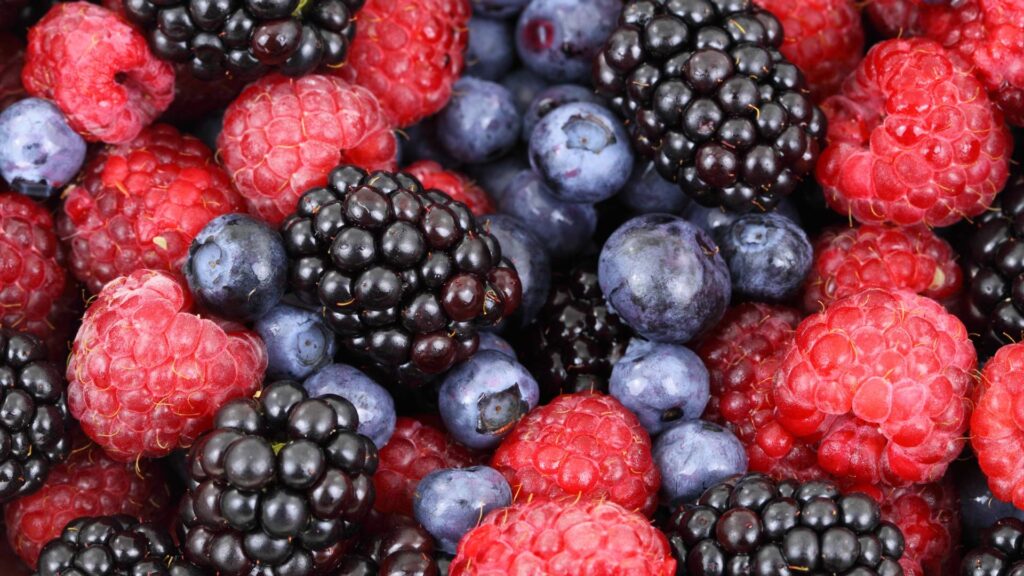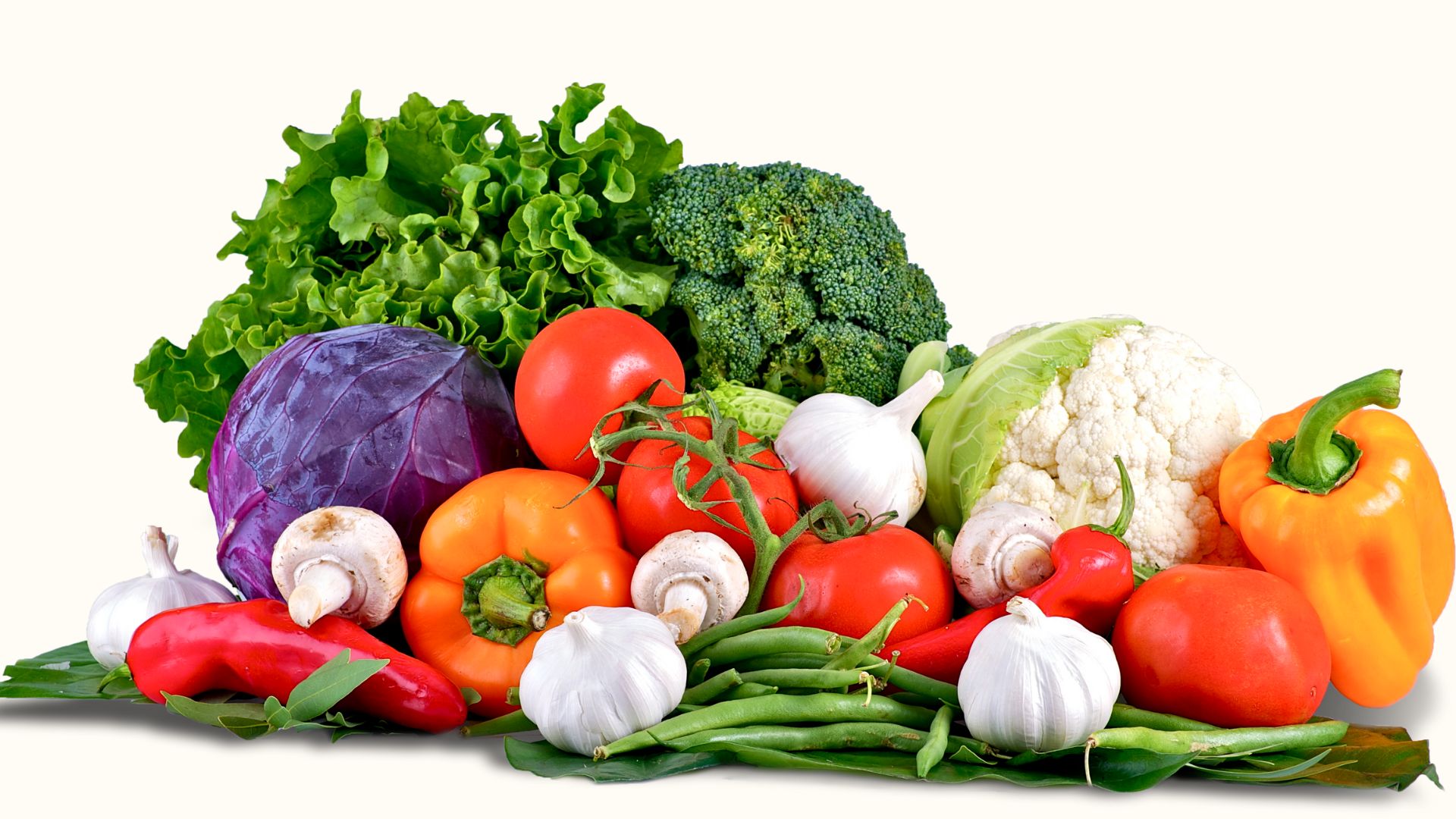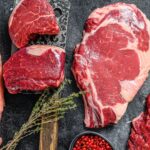Vegan vs. Vegetarian: Understanding the Difference
- 20 October 2025
Vegan vs. Vegetarian: Understanding the Difference
Both vegetarian and vegan diets exclude animal flesh, but the key difference lies in the degree of restriction on other animal products.
A vegetarian avoids meat, poultry, and fish. A vegan goes further, excluding all animal-derived ingredients, including dairy, eggs, and even honey.
Vegetarianism has roots dating back as far as 700 B.C., while veganism is a more recent development that has gained significant traction. People adopt these diets for various reasons, including health, ethical concerns, environmental impact, and religion.
What Defines a Vegetarian Diet?
According to the Vegetarian Society, a vegetarian is someone who avoids eating any meat, poultry, game, fish, shellfish, or by-products of animal slaughter.
Vegetarian diets are centered on fruits, vegetables, grains, pulses (beans and legumes), nuts, and seeds. Whether they include dairy, honey, and eggs depends on the specific type of vegetarian diet followed:
- Lacto-ovo vegetarians: Exclude all animal flesh but consume dairy and egg products. This is the most common type.
- Lacto vegetarians: Exclude animal flesh and eggs but consume dairy products.
- Ovo vegetarians: Exclude all animal products except eggs.
- Vegans: Exclude all animal and animal-derived products.
Note: People who eat fish but not meat or poultry are called pescatarians, and those who are only part-time vegetarians are called flexitarians. Since both groups consume animal flesh, they are not technically considered vegetarians.
What Defines a Vegan Diet?
Veganism is considered the strictest form of vegetarianism. The Vegan Society defines it as a lifestyle that attempts to exclude all forms of animal exploitation and cruelty as much as possible, for food and any other purpose.
A vegan diet excludes not only animal flesh, but also dairy, eggs, and any other ingredients that come from animals. These often include less-obvious additives like:
- Gelatin
- Honey
- Carmine
- Shellac
- Casein and Whey (milk proteins)
- Some forms of Vitamin
Which is Healthier?
According to the Academy of Nutrition and Dietetics, both well-planned vegetarian and vegan diets are considered appropriate for all stages of life.
- Vegans must be especially diligent about supplementing Vitamin , as studies show they consume less of it and calcium than vegetarians. Both groups may need supplements for nutrients like iron, calcium, and omega-3s.
- The limited research directly comparing the two suggests vegans may have a slightly lower risk of developing Type 2 diabetes, heart disease, and some cancers than vegetarians. However, these observational studies can’t definitively prove the diet is the only factor.
Veganism as a Lifestyle
For many, veganism extends beyond the plate to become a comprehensive lifestyle rooted in animal rights. Vegans often also:
- Avoid clothing made from silk, wool, leather, or suede.
- Boycott companies that test products on animals.
- Avoid activities involving the use of animals for entertainment (e.g., zoos, circuses).
This commitment to avoiding all forms of animal exploitation is what ultimately defines veganism as a distinct lifestyle choice.
Resources: healthline





